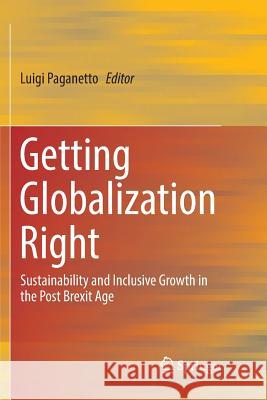Getting Globalization Right: Sustainability and Inclusive Growth in the Post Brexit Age » książka
topmenu
Getting Globalization Right: Sustainability and Inclusive Growth in the Post Brexit Age
ISBN-13: 9783030073916 / Angielski / Miękka / 2019 / 288 str.
Kategorie:
Kategorie BISAC:
Wydawca:
Springer
Język:
Angielski
ISBN-13:
9783030073916
Rok wydania:
2019
Dostępne języki:
Ilość stron:
288
Waga:
0.41 kg
Wymiary:
23.39 x 15.6 x 1.57
Oprawa:
Miękka
Dodatkowe informacje:
Wydanie ilustrowane











